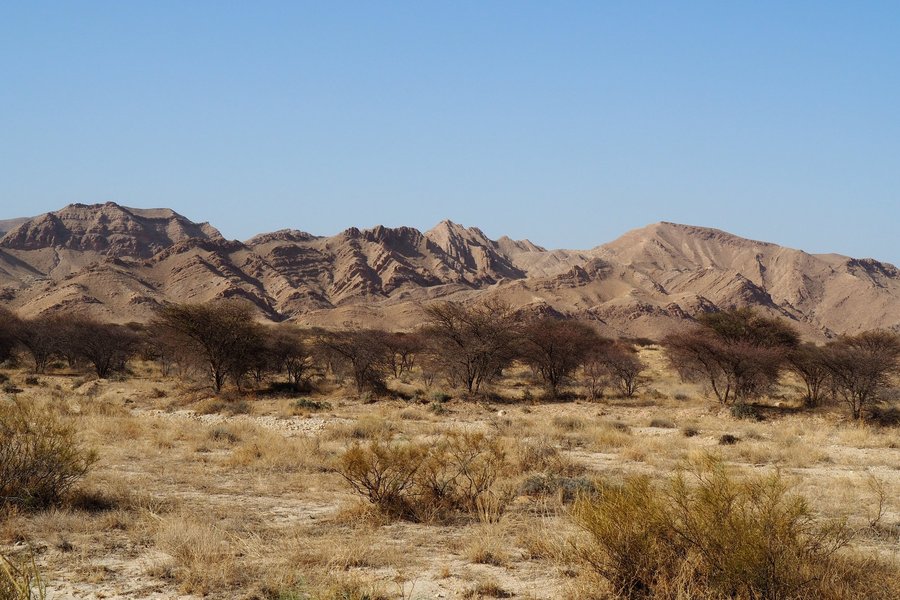Tunisia
Parc National de Bouhedma
The Bouhedma National Park comprises an ancient pre-Saharan savannah.
Large mammals have disappeared here, but populations of Oryx, Addax and Gazelles still inhabit the park. The flora is diverse for such a semi-arid zone and includes species of acacia.
Site Info
Official Information
- Full Name
- Parc National de Bouhedma (ID: 5384)
- Country
- Tunisia
- Status
-
On tentative list 2008
Site history
History of Parc National de Bouhedma
- 2008: Added to Tentative List
- Added to tentative list
- 1978: Requested by State Party to not be examined
- At first Bureau Session (bearing reference number 6)
- Type
- Natural
- Criteria
Links
- UNESCO
- whc.unesco.org
All Links
UNESCO.org
- whc.unesco.org — whc.unesco.org
Community Information
- Community Category
- Natural landscape: Desert
Travel Information
Recent Connections
News
No news.
Community Reviews
Show full reviews
Don't despair on the road coming from Ghedir Rebaia towards the entrance of Bouhedma National Park; it's always straight ahead until your path curves to the left: the main entrance to the park is straight ahead. Just avoid the ostrich nests in the asphalt.
Once you arrive there, the admission principle is the same as at the Ichkeul Lake National Park: you wait patiently for someone to arrive, this person arrives, asks you if you have official authorization to enter (which you have to get on the other side of Jebel Bouhedma, an hour's drive away), they phone for a long time and finally tell you that you can enter for half an hour until the administrative center of the park (10 dinars after negotiation). There, another ranger opened the door to the ecomuseum and commented on what is on display, including a timeline that explains the genesis of the creation of the park. It's incredible the energy that it takes to create a natural park and maintain it in this state; it wasn't built in a day !
Don't forget your passport, the ranger asked for mine when leaving the ecomuseum.
I find out that the trees in the savannah surrounding us are acacias (Acacia subs. raddiana) and that unfortunately, this park is one of the last refuges of this type of wooded steppe in North Africa.
Despite its reintroduction in 1986, according to the ranger, the last oryx in the park is the one stuffed in …
Keep reading 0 comments